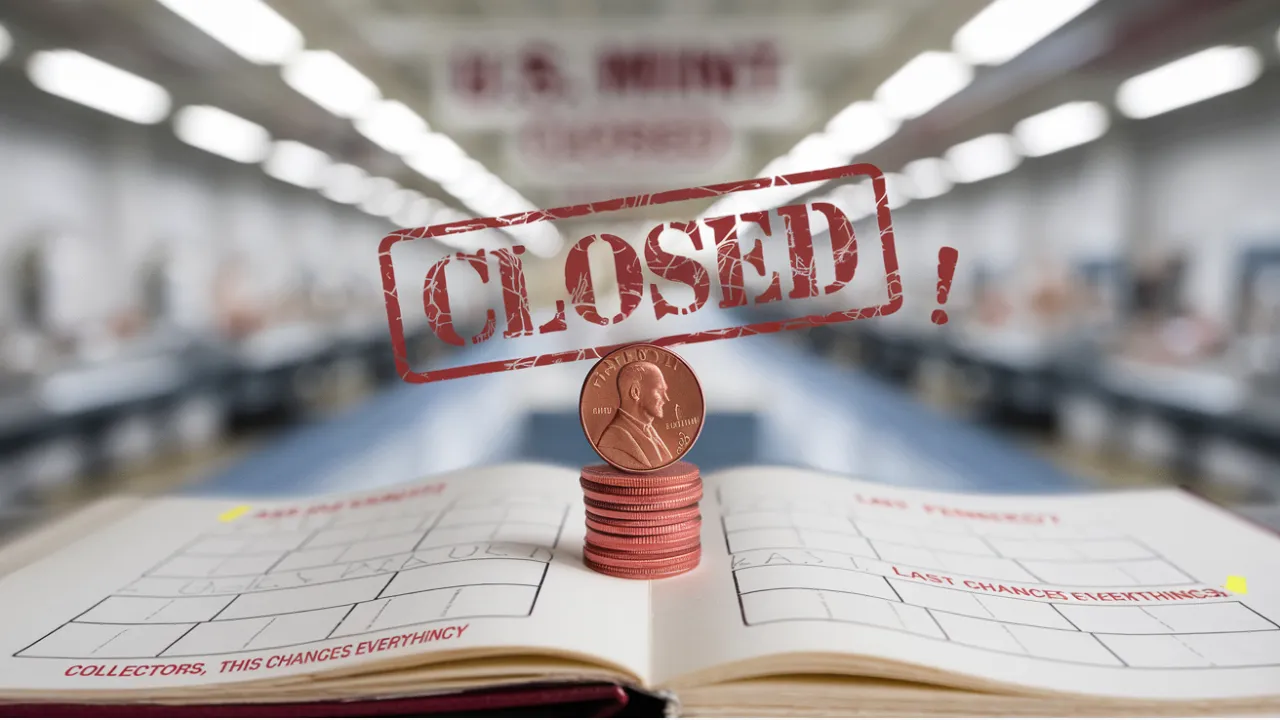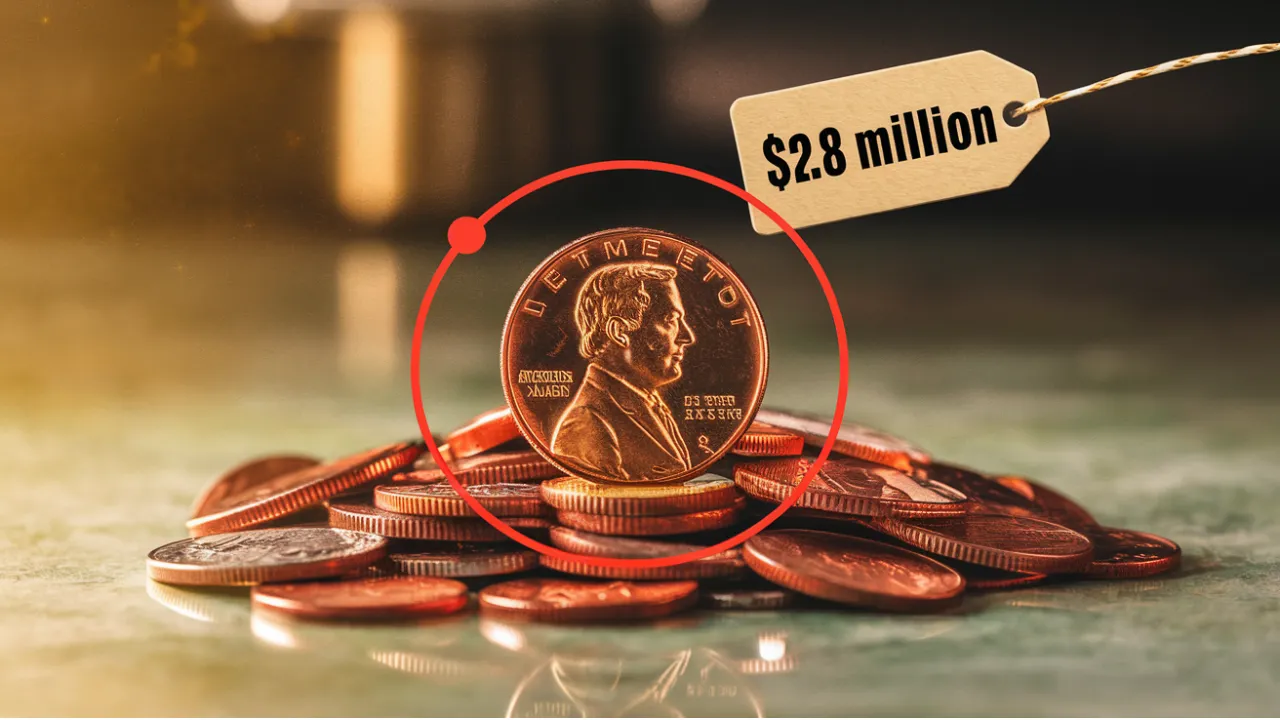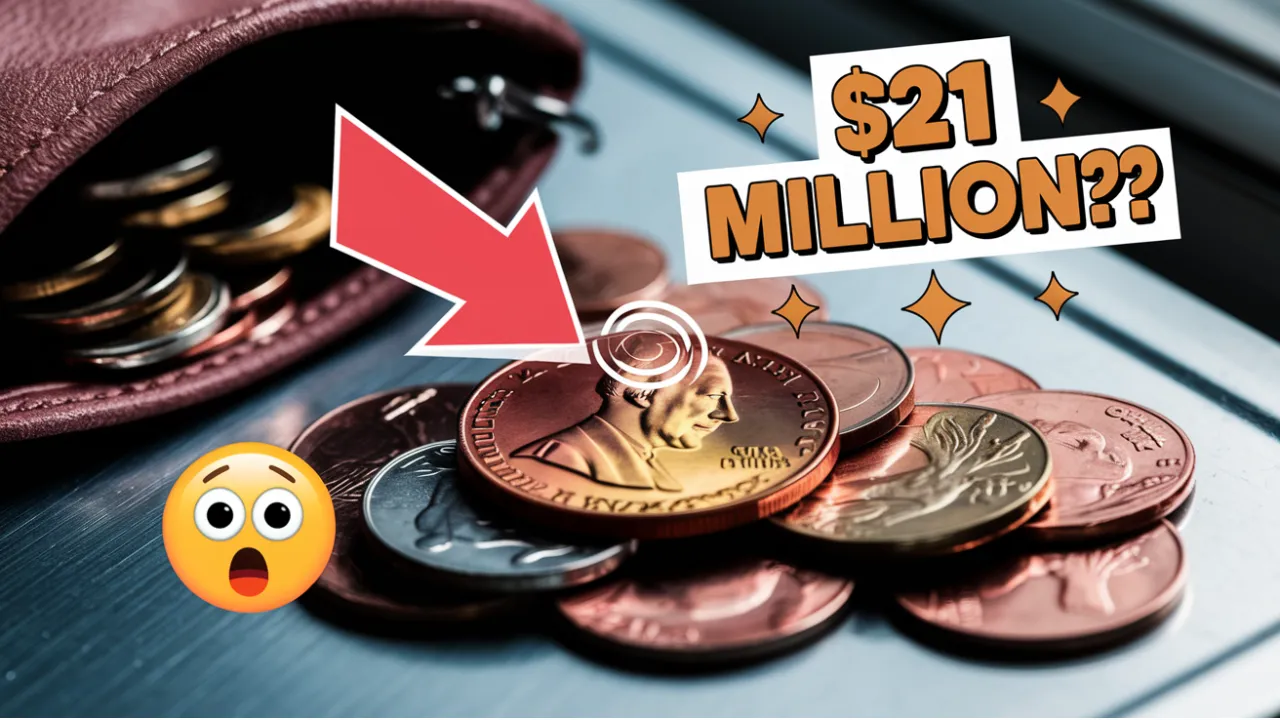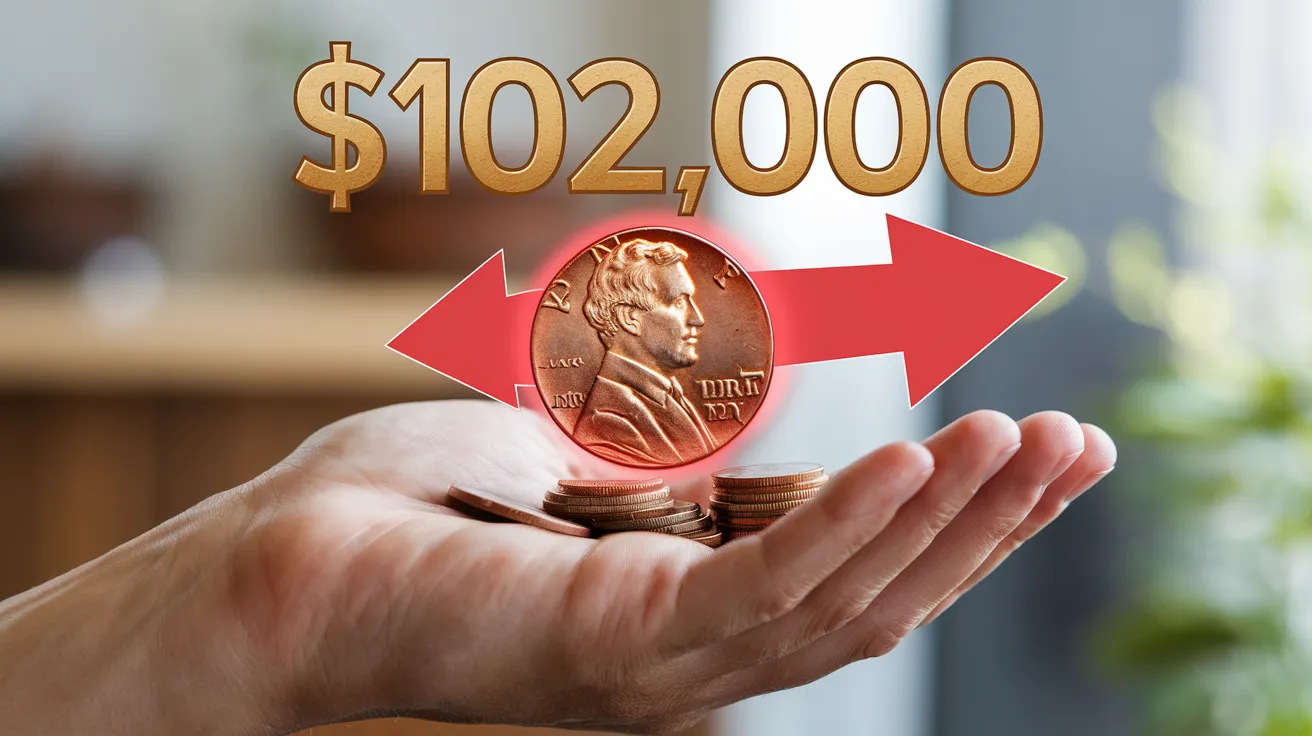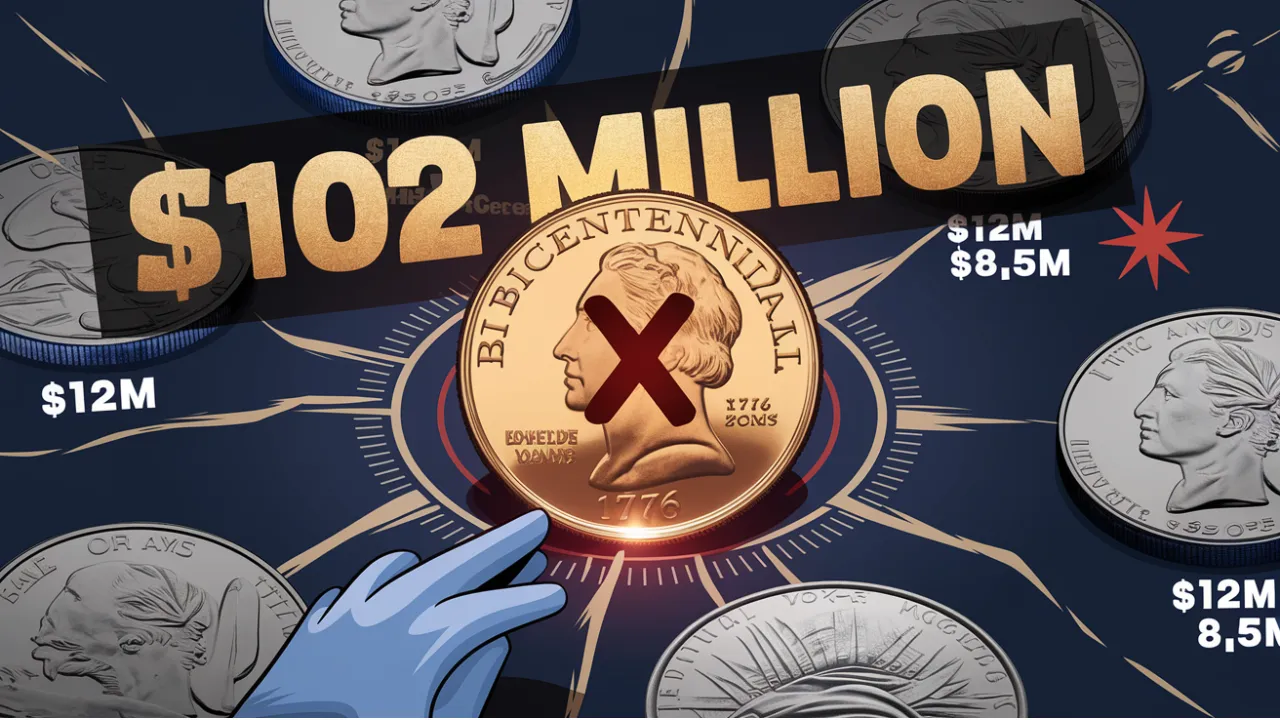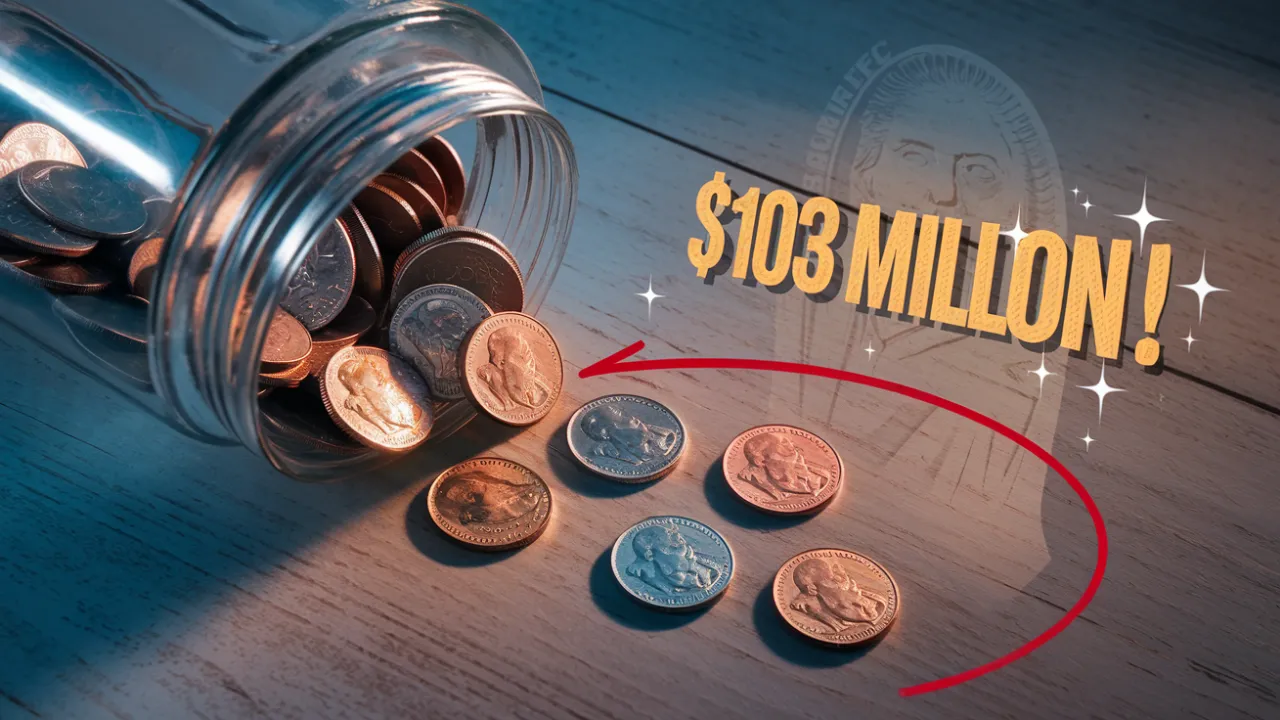How the Halt on Pennies Could Impact Penny Collectors: For decades, the humble penny has been a staple of American currency, often overlooked in pockets and cash registers. However, with rising production costs and shifting economic trends, discussions about halting penny production have intensified. The U.S. Mint has reported significant financial losses due to the cost of producing these coins, leading to a growing debate on whether the penny should be retired.
For penny collectors, this change could bring both challenges and opportunities. While some believe discontinued pennies will quickly increase in value, others argue that oversaturation in circulation may prevent immediate price spikes. So, what does the future hold for penny collectors, and how should they navigate this shift? Let’s break it down.
Overview: The Key Factors in the Penny Halt
| Factor | Details |
| Reason for Halt | High production costs and decreasing usage in daily transactions |
| Cost to Produce | The U.S. Mint loses millions annually making pennies |
| Impact on Collectors | Potential long-term value increase, but no immediate price surge |
| Market Saturation | Billions of pennies are still in circulation, delaying scarcity |
| Historical Pattern | Similar to the phase-out of other currency forms like $2 bills and gold coins |
Why is Penny Production Being Halted?
The primary reason for stopping penny production is financial inefficiency. It currently costs more than a cent to manufacture a single penny, leading to an annual loss of over $85 million for the U.S. Mint. With digital payments dominating the economy, the demand for small-denomination coins has drastically declined, making their production increasingly unnecessary.
Historically, the U.S. has phased out other forms of currency, such as gold coins and the $2 bill, when they became economically impractical. The penny is simply the latest coin facing a similar fate.
What This Means for Penny Collectors
For penny collectors, this shift is significant, but its impact will vary depending on the type of pennies they collect.
- Modern Pennies May Not Gain Value Immediately
- Despite the halt in production, billions of pennies remain in circulation.
- Oversupply will prevent immediate scarcity, keeping values stable.
- Many newer pennies are still common, making them less desirable for collectors.
- Older and Rare Pennies Could Become More Valuable
- Pre-1982 pennies, which contain more copper, already hold greater value than their face worth.
- Rare mint errors and historic designs will continue to attract collector interest.
- As time passes, discontinued pennies may become nostalgic collectibles, boosting demand.
While some collectors may rush to stockpile pennies, experts suggest that true value appreciation could take decades.
Short-Term vs. Long-Term Value Changes
Short-Term: Little to No Change in Value
- The immediate market impact will be minimal due to the overwhelming number of pennies in circulation.
- Most pennies will remain worth one cent, even if they are no longer produced.
- Collectors will still focus on filling albums rather than treating common pennies as rare assets.
Long-Term: Scarcity Could Boost Collector Interest
- As pennies become less common in daily transactions, they could gain historical and sentimental value.
- Collectible editions, unique mint errors, and older pennies may gradually increase in worth.
- The hobby of penny collecting could grow in popularity, as has happened with other discontinued currency items.
Will Pennies Become Rare Collectibles?
Not all pennies will become rare, but certain editions will stand out. According to seasoned collectors, coins with unique minting errors, specific years, or historical significance will likely gain the most value.
For example:
- Wheat pennies (1909-1958) are already valuable among collectors.
- Pre-1982 copper pennies are worth more due to their higher copper content.
- Minting errors, such as double die strikes, can make specific pennies rare and highly sought after.
The key for collectors is to focus on quality over quantity—not all pennies will be valuable, but the right ones could yield significant returns over time.
What Should Penny Collectors Do Now?
If you’re a penny collector, here’s how you can take advantage of this change:
✔ Preserve Older Pennies – Coins from before 1982, especially those with copper content, are worth keeping.
✔ Look for Rare Mint Marks – Coins with unique errors or specific production years can become valuable.
✔ Continue Collecting – Even modern pennies may gain value in the distant future due to their historical significance.
✔ Stay Informed – Watch market trends and follow expert opinions on how discontinued pennies might gain value.
FAQs
1. Will all pennies become valuable after production stops?
No. While some pennies will gain value over time, modern pennies will remain common for years before scarcity impacts their price.
2. Are older pennies worth collecting now?
Yes! Pennies from before 1982, especially those with mint errors or historical designs, already have collector value.
3. Should I start saving pennies now?
If you’re interested in collecting, it’s a good time to focus on older, rarer pennies. Everyday pennies may not become valuable for decades.
4. How does this compare to other discontinued currencies?
Like $2 bills and gold coins, pennies will likely fade from daily use but could become collectibles over time.
5. What will happen to pennies already in circulation?
They will continue to be used for now, but their presence in everyday transactions will decline over time.
Final Thoughts
The halt on pennies marks a significant shift in American currency. While penny collectors may not see an immediate spike in value, this change signals a long-term opportunity for those who focus on rare and historical coins.
If you’re a collector, now is the time to pay attention to key dates, mint marks, and rare errors that could increase in value over time. What are your thoughts on the end of penny production? Share your opinions in the comments below!
